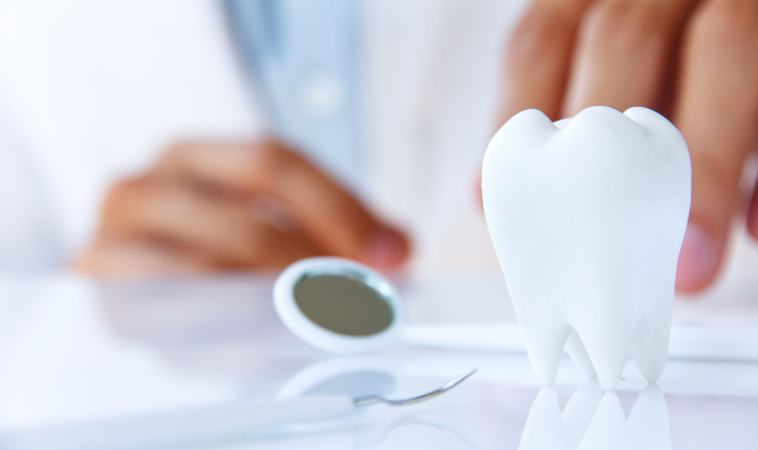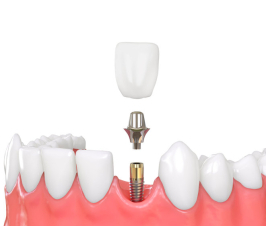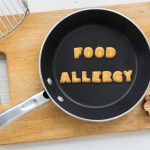A new study conducted by researchers at the University of Illinois at Chicago and published in JAMA Network Open has found that 81% of antibiotics prescribed by dentists – who are among the top prescribers in the U.S., accounting for about 10% of all antibiotic prescriptions – to prevent infections prior to dental visits are unnecessary.
This surprising finding highlights the need for improved antibiotic stewardship in dental practices
The researchers, led by Katie Suda, associate professor of pharmacy systems, outcomes and policy at the UIC College of Pharmacy, say that this surprising finding highlights the need for improved antibiotic stewardship in dental practices, especially those located in the Western U.S., which were associated with the highest rates of unnecessary prescribing.
Researchers retrospectively analyzed dental visits occurring between 2011 and 2015
Using Truven, a national integrated health claims database, the researchers retrospectively analyzed dental visits occurring between 2011 and 2015. They compared antibiotic prescriptions — which were dispensed prior to 168,420 dental visits — to the number of high-risk cardiac patients who, per national guidelines, are the only patients recommended for antibiotics prior to a dental procedure.
81% of prescriptions did not align with the national guidelines
They found that 81% of prescriptions did not align with the national guidelines and were provided for patients without high-risk cardiac conditions.
Use of preventive antibiotics in these patients opens them up to the risks associated with antibiotic use — increasing bacterial resistance and infections, for example — when the evidence used to develop the guidelines suggests that the risks outweigh the benefits in most patients,” said Katie Suda, the corresponding author on the study
Alarming tendency of dental providers to select clindamycin, associated with a higher risk of developing C. difficile
The researchers also looked at dentists’ antibiotic prescribing patterns by geography. They found that the Western U.S. and urban areas were more likely to have unnecessary prescribing. Among patients most likely to fill prescriptions for unnecessary antibiotics are those with prosthetic joint implants and those receiving clindamycin.
“These results point to trends by geography that are unexpected — they are the opposite of what is seen in medical clinics — and to an alarming tendency of dental providers to select clindamycin, which is associated with a higher risk of developing C. difficile infections when compared to some other antibiotics,” Suda said.
UIC’s Susan Rowan, a dentist, worked with Suda on the research, said “[d]ental providers are very thoughtful when they develop care plans for their patients and there are many factors that inform dentists’ recommendations and the medications they prescribe, but this study shows that there is an opportunity for dentists to reevaluate if necessary and incorporate renewed commitments to antibiotic stewardship into their practices that limit preventive prescriptions to a small group of patients,” said Rowan, executive associate dean and associate dean for clinical affairs at the UIC College of Dentistry. “I think dental providers should view this study, which is the first to look at preventive antibiotic prescribing for dental procedures and provide this type of actionable information, as a powerful call to action, not a rebuke.”
Authors note the following
The authors noted that because the study was limited to patients with commercial dental insurance and the analysis used a broad definition of high-risk cardiac patients, the findings may actually underestimate unnecessary prescribing of antibiotics.
- Suda, K.J. et al. (2019) Assessment of the Appropriateness of Antibiotic Prescriptions for Infection Prophylaxis Before Dental Procedures, 2011 to 2015. JAMA Network Open. doi.org/10.1001/jamanetworkopen.2019.39.
 Razi Berry is the founder and publisher of the journal Naturopathic Doctor News & Review, which has been in print since 2005, and the premier consumer-faced website of naturopathic medicine, NaturalPath. She is the host of The Natural Cancer Prevention Summit and The Heart Revolution-Heal, Empower and Follow Your Heart, and the popular 10 week Sugar Free Summer program. From a near death experience as a young girl that healed her failing heart, to later overcoming infertility and Chronic Fatigue Syndrome and Fibromyalgia through naturopathic medicine, Razi has lived the mind/body healing paradigm. Her projects uniquely capture the tradition and philosophy of naturopathy: The healing power of nature, the vital life force in every living thing and the undeniable role that science and mind/body medicine have in creating health and overcoming dis-ease. Follow Razi on Facebook at Razi Berry and join us at Love is Medicine to explore the convergence of love and health.
Razi Berry is the founder and publisher of the journal Naturopathic Doctor News & Review, which has been in print since 2005, and the premier consumer-faced website of naturopathic medicine, NaturalPath. She is the host of The Natural Cancer Prevention Summit and The Heart Revolution-Heal, Empower and Follow Your Heart, and the popular 10 week Sugar Free Summer program. From a near death experience as a young girl that healed her failing heart, to later overcoming infertility and Chronic Fatigue Syndrome and Fibromyalgia through naturopathic medicine, Razi has lived the mind/body healing paradigm. Her projects uniquely capture the tradition and philosophy of naturopathy: The healing power of nature, the vital life force in every living thing and the undeniable role that science and mind/body medicine have in creating health and overcoming dis-ease. Follow Razi on Facebook at Razi Berry and join us at Love is Medicine to explore the convergence of love and health.

















